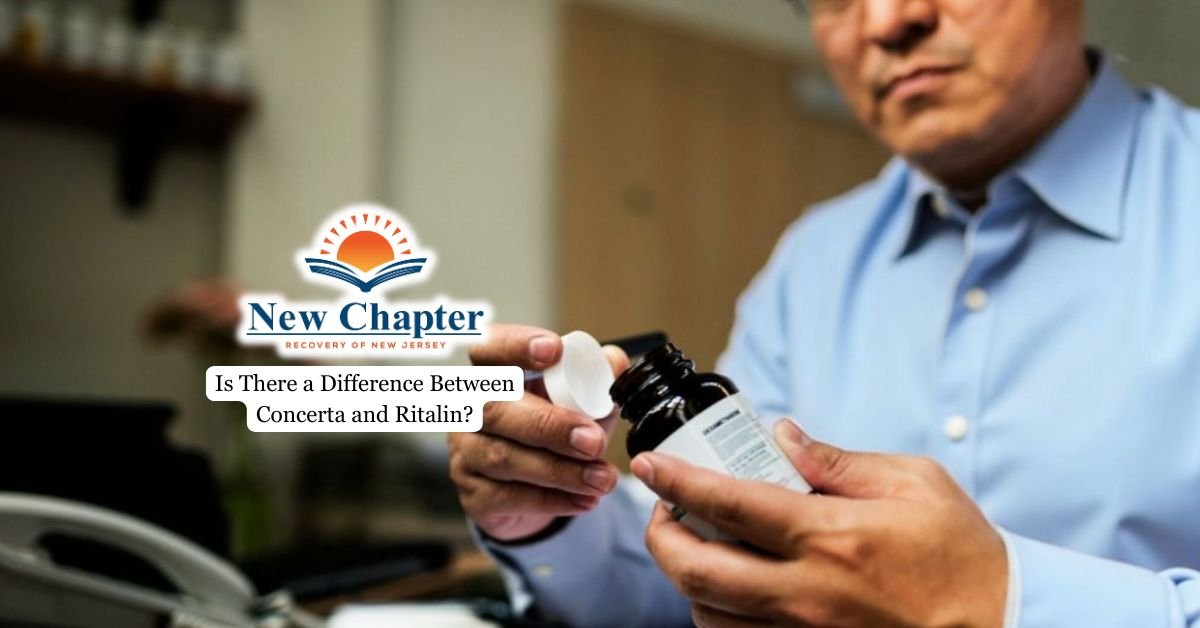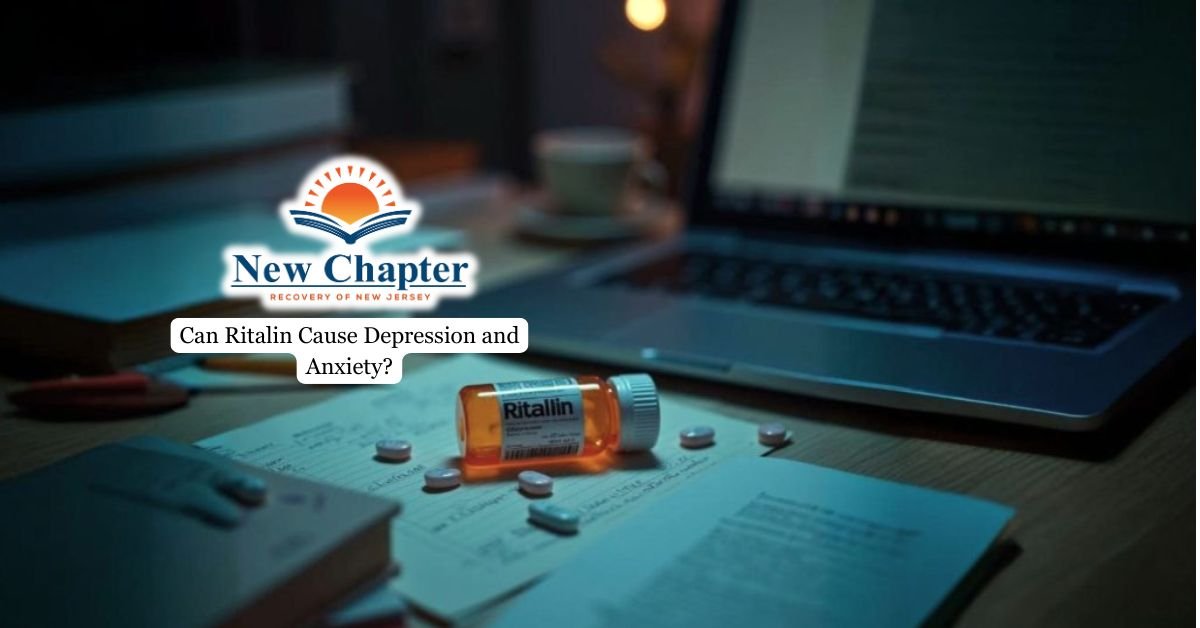Completing addiction treatment is a significant milestone, but maintaining sobriety requires ongoing commitment. An aftercare plan is essential for individuals transitioning from a treatment program into daily life.
This article will explain how to create a recovery roadmap, its critical components, and how it supports lifelong wellness.

The Importance of an Aftercare Plan in Addiction Recovery
An addiction aftercare plan serves as a bridge between completing a formal treatment program and re-entering everyday life. Addiction recovery doesn’t end after detox and a rehabilitation program; rather, it enters a new phase where relapse prevention becomes crucial.
A good post-treatment care plan provides structure, accountability, and resources to maintain recovery success. The plan is designed to help people in the healing process stay sober, manage triggers, and remain committed to recovery.
Relapse Prevention Strategies
Relapse prevention is a key component of any aftercare plan. A relapse prevention plan identifies potential triggers that may lead to substance use, such as stress, social pressures, or emotional challenges.
By recognizing these risks, individuals in recovery can develop coping strategies, crisis plans, and structured plans to navigate difficult situations. Support groups like 12-step programs or SMART Recovery provide support and tools for ongoing recovery. A strong, sustained sobriety plan ensures that relapse prevention remains a top priority.
Developing a Strong Aftercare Plan
To create an effective aftercare plan, it’s essential to take a methodical and personalized approach that aligns with your specific recovery goals and life circumstances. Every person’s aftercare plan varies based on their recovery journey and circumstances. Developing a structured approach is key to ensuring continued progress.
1. Assess Personal Challenges and Recovery Needs
Identify the internal and external factors that may impact your ability to stay sober. This includes evaluating emotional responses, pinpointing stressors, and acknowledging social or environmental dynamics that could pose risks. This step ensures that your aftercare plan addresses the most relevant challenges.
2. Establish Recovery Goals and Milestones
A clear set of short-term and long-term goals provides direction and motivation. Goals might include maintaining sobriety for a set number of days, re-entering the workforce, rebuilding relationships, or consistently attending therapy and group sessions.
3. Choose the Right Support Resources
Effective support structures may involve more than one resource. Consider engaging in support groups, ongoing counseling, or connecting with an alumni program. These components help reinforce your commitment to recovery and provide needed accountability.
4. Integrate Daily Structure and Accountability
Having a consistent routine can reduce uncertainty and support relapse prevention. Include healthy habits in your daily schedule, such as regular sleep, meals, physical activity, work, time for reflection, and time with family. Involving family in daily routines and communication can strengthen support systems and create shared accountability.
5. Plan for Ongoing Evaluation and Flexibility
A successful aftercare plan isn’t static. It should evolve as your recovery progresses. Schedule periodic reviews with a treatment professional or mentor to assess whether adjustments are needed. Staying flexible ensures the plan remains realistic and supportive of long-term recovery goals.
Types of Aftercare Programs to Support Long-Term Recovery
Different types of aftercare programs cater to varying needs. Outpatient treatment programs allow flexibility while maintaining therapeutic support. Intensive outpatient programs offer a higher level of care for those needing more structured support without full residential care.
Sober living homes create a stable environment for those early in recovery, minimizing exposure to triggers and providing a sober community. These residences promote accountability, making them an important component of addiction recovery for many.
Alumni programs extend care beyond formal treatment. Many treatment centers offer alumni programs that foster ongoing connection and accountability. The goal of alumni programs is to help individuals stay committed to recovery and maintain their recovery success.

Personalized Aftercare for Long-Term Recovery
A personalized aftercare plan considers each individual’s unique history with substance abuse and addiction treatment. This approach ensures that the plan includes appropriate therapy, peer support, and lifestyle adjustments. Addiction aftercare programs focus on recovery from substance use disorders, integrating addiction and mental health support. Effective care plans after a treatment program often incorporate outpatient treatment programs and ongoing counseling to reduce the risk of relapse. Tailored post-rehab care empowers people in recovery to maintain their recovery today and build lasting healing success.
The Role of Addiction Treatment Centers in Aftercare
An addiction treatment center plays a significant role in helping individuals develop an aftercare plan. These centers provide professional guidance on structuring an effective aftercare plan, ensuring each person receives a plan designed to meet their recovery goals.
Aftercare services at a treatment center often include ongoing therapy, peer support options, and connections to sober living homes. The structured plan helps create a clear roadmap for ongoing recovery, offering stability and ongoing guidance as recovery from substance use disorders continues. Treatment for substance use disorders often involves multiple stages, and aftercare provides the essential support needed for continued recovery.
Final Thoughts from New Chapter Faith Recovery
Creating an effective aftercare plan is a critical step in the recovery process. A strong recovery roadmap provides support, structure, and accountability, helping people rebuild their lives, stay sober, manage triggers, and achieve long-term recovery. Every person’s aftercare plan depends on their unique needs, but with proper planning, sustained recovery is possible.
At New Chapter Faith Recovery, we understand that recovery from addiction requires more than just initial treatment. Our substance abuse care center in New Jersey offers comprehensive aftercare services designed to help you maintain your recovery and build a fulfilling life beyond substance abuse. Our programs provide tools and support for individuals in recovery, ensuring you remain committed to recovery at every stage.






